Have you heard the term Mindfulness before? I’m guessing so! More and more, mindfulness is used in all kinds of settings to support mental health, learning, and personal development — from offices and schools, to therapeutic settings and even prisons.
I invite you to dedicate your May to mindfulness. With just a few minutes of practice each day it can transform your life. Experience more presence, more joy, and better relationships in all areas of your life.
What is Mindfulness?
Mindfulness was introduced to our society by Jon Kabat-Zinn, founder of the mindfulness-based stress reduction program.
Since the late 1970s, his work has inspired a vast — and still growing — body of research, with scientists and social theorists from a range of different backgrounds proving that mindfulness is an effective way to reduce stress and improve overall wellbeing.
Mindfulness work is woven into all of the practices I teach in YFTSR classes, workshops and retreats.
Essentially, to be mindful means to be consciously aware of the present moment. Mindfulness practice helps to train your skills of awareness, so you can arrive in the present moment at any time. Even in the middle of a stressful situation!
You probably already experience moments of mindfulness on a regular basis. For example, imagine you’re sitting in a room with a big window. Suddenly the light outside changes; perhaps a cloud passes and the sun shines more brightly, and this external change lights up the room inside.
This change in light focuses your mind on the present moment. You notice — just for a second or two — where you are. You become aware of your presence on the earth. Of your body’s position in this room; in this building; in this place. Perhaps the change in light sparks an emotional response that you are aware of for a moment as well, such as a sense of nostalgia or of utter and complete contentment.
Mindfulness practice makes those moments more frequent and more conscious; and allows you to extend them, so that you can experience longer periods of awareness. You begin to choose mindfulness as a means to improve your experience of life.
What are the benefits?
The proven benefits of mindfulness, when practiced through meditation or other mindful exercises, include:
A greater ability to enjoy the pleasures of life — in other words, more capacity for joy!
Reduced stress and anxiety, and an enhanced ability to see the bigger picture rather than getting caught up in worries
Lower blood pressure and a soothing effect on chronic pain
Improved sleep quality and duration
Improved mental health; mindfulness has been effectively used to treat depression, anxiety, addiction, relationship issues and eating disorders
More resilience. You can manage difficult situations more easily, and recover from them faster and with more confidence that everything is going to be OK.
Better relationships. Mindfulness helps you to empathise more easily with others, even during conflict. It creates a stronger ability to respond thoughtfully and with compassion, which helps to build trust and cooperation.
On a noticeable day-to-day level, practising mindfulness little and often helps you to feel calm and grounded in the moment.
You are more aware of what’s really going on, and you feel more confident that you can move through any situation or emotional experience gently.
Mindfulness Every Day in May
Be mindful this May. In my next blog post, I’ll share 5 quick and simple mindfulness practices that you can use every day.
And most of them only ask you to engage in the simple act of noticing. No scheduling in meditation; you can be mindful at any time.
PSS: If you enjoyed this blog click the like button below then share it with those you care for who can also enjoy and benefit from it. 😊

